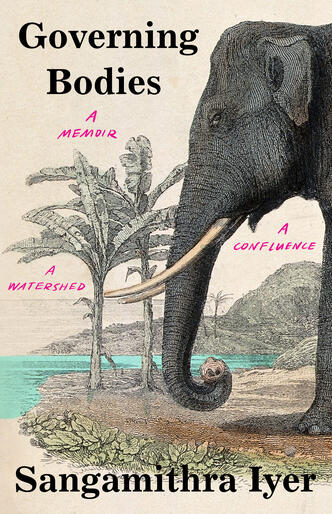
North to Katahdin
When Thoreau stood on the flank of Maine’s Mount Katahdin in 1846, he was one of only a handful who had ventured so far into wilderness for the simple purpose of seeing what was out there. This summer, thousands of tourists walking in Thoreau’s footsteps will climb the same mountain, stopping on the peak momentarily to pose for digital photos, consult GPS receivers, and talk on cell phones. In North to Katahdin, Eric Pinder observes the American wilderness mob—hikers weighed down by packs, campers driving thousands of miles to see “nature,” and climbers bagging peaks “because they’re there”—and wonders: If Thoreau came for genuine experience, what does everyone come for now?
For some, Katahdin is a symbol of accomplishment: the end of the 2,160-mile-long Appalachian Trail—a footpath stretching from Georgia to Maine. For “Mainers” and others along the eastern seaboard, Baxter State Park, which surrounds Katahdin, is the closest they come to wilderness. Pinder tells stories—at times hilarious, reflective, and terrifying—of this place and the people who flock to it every summer. Stories of thru-hikers on the Appalachian Trail, of conflicts between wilderness devotees and their detractors, and the story of a mountain itself—its history, geology, mythology, and Thoreau’s long obsession with its clouded slopes—come together to shed light on the beginnings of the American wilderness obsession and its persistence today.





